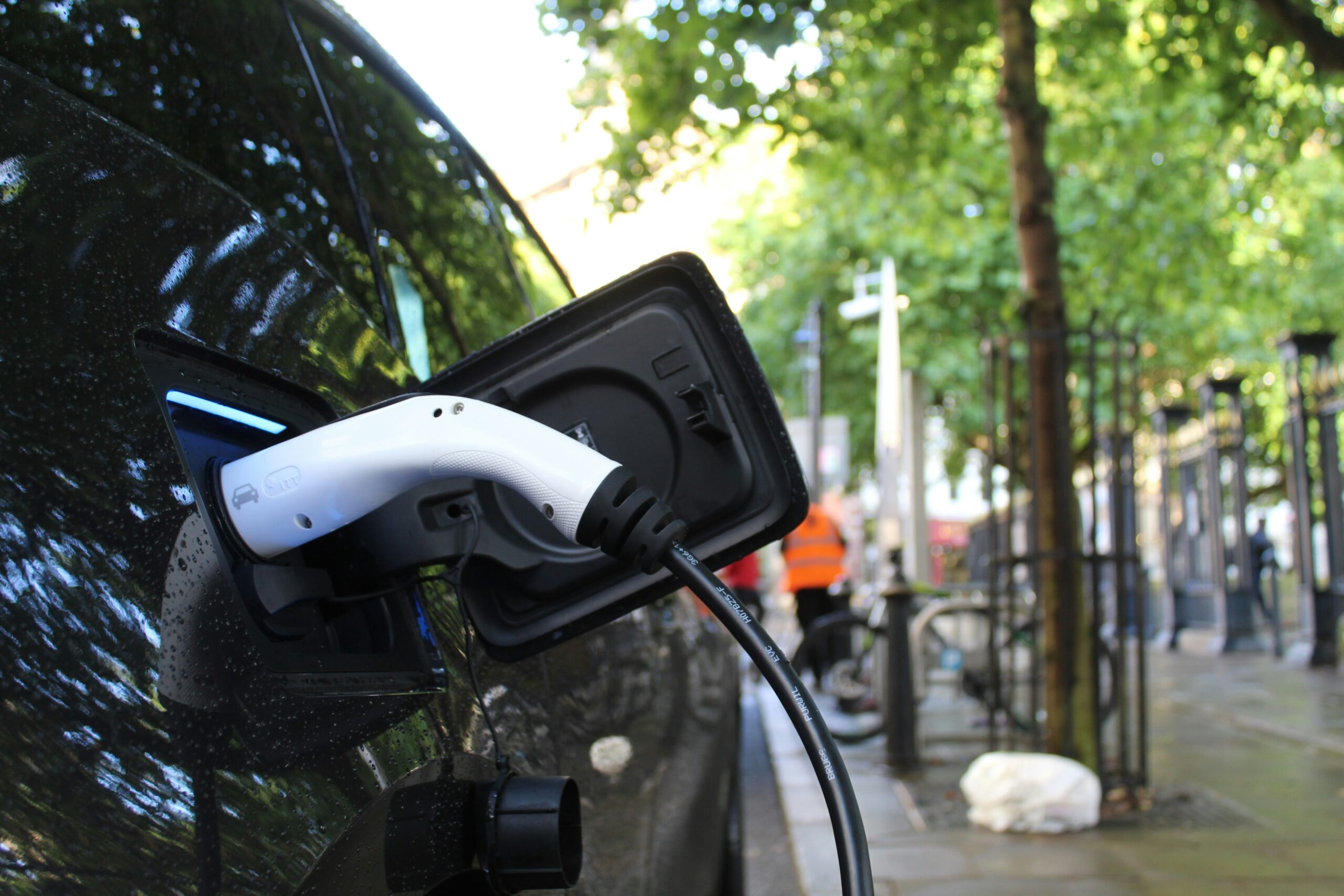Each day, more and more people switch to electric vehicles, for cheaper running costs, cleaner air, and a healthier planet.
Councillor Sharon Carr-Brown and Chris Talman are keen for everyone to be able to make this transition, but we’re concerned that BCP Council’s latest Public Electric Vehicle Infrastructure Strategy (PEVIS) falls short of one of the most important elements of this transition – fairness.
In essence, the problem is that the PEVIS appears to prohibit charging points from being installed on residential streets:
No charging infrastructure will be considered on residential streets, to avoid causing pavement obstructions that could discourage walking and cycling, as well as creating accessibility issues.
Public Electric Vehicle Infrastructure Strategy (PEVIS)
This is a massive problem, as many local people in the Queen’s Park and Charminster ward, and indeed many other parts of Bournemouth and BCP too, don’t have access to a drive where they can install their own charging point.
The PEVIS essentially tells people to just go to a centralised public charging point, like at a shopping centre. That’s bad for several reasons:
- Residential charging tends to be far cheaper.
- It’s inconvenient to travel to and from a hub when we all lead busy lives.
- It isn’t comfortable to leave your car at a hub overnight.
- Nobody wants to walk home from a hub in cold or wet weather.
- Hubs are often busy, sometimes with no spaces available.
On top of that, the rationale for the prohibition doesn’t add up. We agree that pavements shouldn’t be obstructed by charging point infrastructure, but there are ample charging point solutions available that maintain accessibility on pavements:
- Lampposts
- Pop-ups
- Gullies
Ultimately, local people shouldn’t be penalised for not having a drive, and if they are, that’ll hold back the adoption of electric vehicles. The solutions are available for us to both protect our pavements and support people to switch to electric vehicles conveniently and affordably.
Therefore, Sharon, with the support of the Labour Group, put forward an amendment to the PEVIS motion at the council meeting of the 9th of January, calling for council leaders to pursue a fairer approach:
continues to investigate a range of technologies and solutions, such as gullies, pop-up and lamp post chargers, to facilitate and establish comprehensive on-street electric vehicle charging on residential roads to help residents without access to driveways to transition conveniently and affordably to electric vehicles which is a crucial part of our ambitions to address climate change
Amendment to the PEVIS motion
This was passed unanimously, and while it isn’t binding as it doesn’t amend the PEVIS itself, we hope that the administration takes our concerns to heart and works towards a fairer future for everyone. We’ll continue to monitor progress and advocate for better in the years ahead.


